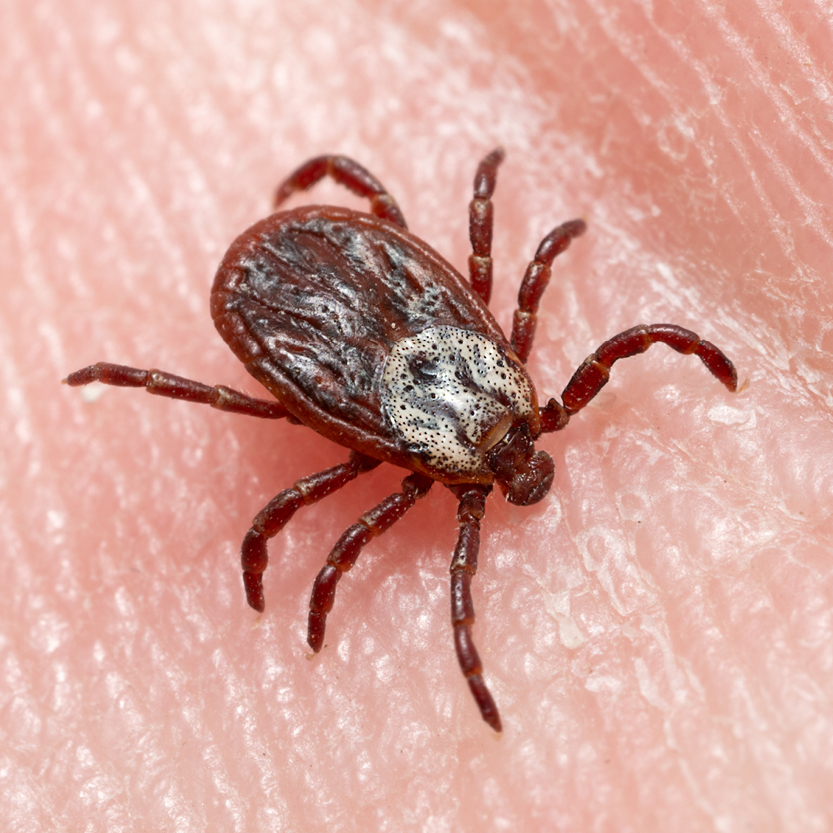What do I need to know about tick bites?
Should I be concerned about a tick bite in Iowa?
If you live in Iowa, you know that ticks are a common problem, especially during the summer months. While most tick bites are harmless, some ticks can transmit diseases like Lyme disease, which can cause serious health problems if left untreated. So, it’s essential to know how to handle tick bites and when to seek medical attention.
Tick Bite Prevention
Ticks are tiny parasites that attach to the outside of animals to feed on their blood. The worst ones for humans are deer ticks.
The best way to prevent yourself from ticks is to:
- Minimize contact with where ticks live (shady, moist areas with lots of vegetation) – trim your grass, rake up leaves, etc.
- Protect exposed skin – wear long pants and long sleeves when going to woody or long grass areas, tuck pants into socks, and use insect repellent.
- Check your body for ticks after being outside.
If you are bitten by a tick, it’s important to be aware of the following symptoms:
- Rash – A rash is a common symptom of tick-borne illnesses, including Lyme disease. If you notice a rash around the tick bite or elsewhere on your body, seek medical attention immediately.
- Flu-like symptoms – Symptoms such as fever, fatigue, headache, muscle aches, and joint pain are common in many tick-borne illnesses. If you experience any of these symptoms after a tick bite, seek medical attention.
- Difficulty breathing -If you have difficulty breathing after a tick bite, seek medical attention immediately, as this could be a sign of a severe allergic reaction.
- Neurological symptoms – In some cases, tick-borne illnesses can cause neurological symptoms such as numbness, tingling, or facial paralysis. Seek medical attention if you experience any of these symptoms after a tick bite.
In addition, to these symptoms, if you are unable to remove the tick or if the tick appears to be engorged, seek medical attention immediately. If you have been bitten by a tick, there are several steps you can take to minimize your risk of infection.
Minimize Your Risk of Infection from a Tick Bite
- Promptly remove the tick bite – Use fine-tipped tweezers to remove the tick as soon as possible.
- Clean the bite – After removing the tick, clean the bite area with soap and water, and rubbing alcohol.
- Watch the bite – Keep an eye on the bite site for signs of a rash or other symptoms for up to 30 days.
- Seek medical attention – if you experience any symptoms, seek medical assistance right away.
Symptoms for Lyme disease or other tick-borne illnesses are generally treatable if caught early.
Sometimes it’s better to be safe than sorry. So, if you’re not feeling well after a tick bite, don’t hesitate to seek medical attention. Your health is essential, and there’s no need to take unnecessary risks. Unfortunately, symptoms often don’t appear right away or can be mistaken for something else. Watch for symptoms for 30 days and contact your primary care provider or urgent care if you show any symptoms.
Our providers at Exemplar Care are familiar with and treat tick bites and can provide medication to treat early Lyme disease.
If you have concerns following a tick bite, schedule an appointment at urgent care today.

